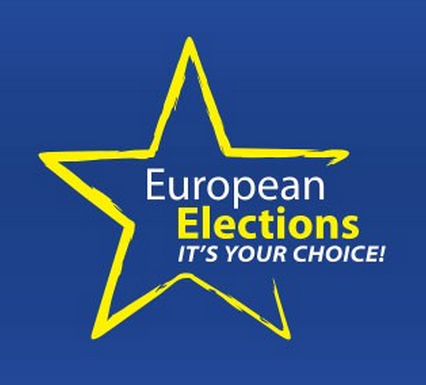 On February 19, I attended a meeting at the European Parliament, hosted by the European Internet Foundation, where the subject was US Presidential Elections 2012 – Lessons for Online Campaigning. The focus was on the Obama election campaign and its use of social media, and how that might have an impact on the upcoming European elections.
On February 19, I attended a meeting at the European Parliament, hosted by the European Internet Foundation, where the subject was US Presidential Elections 2012 – Lessons for Online Campaigning. The focus was on the Obama election campaign and its use of social media, and how that might have an impact on the upcoming European elections.
Nathaniel Lubin, the guest speaker who had worked on the Obama campaign running the digital media strategy in 2012, described working with a budget of $112 million and a staff of over 20, something that made the European crowd green with envy. In his speech, he also outlined the massive resources and highly sophisticated tactics deployed during the US elections.
One of the key things that I found interesting about Nathaniel’s speech was the mention of Obama being genuinely interested in using new channels to reach his audience and how he enjoys using and experimenting with social networking tools himself. Nathaniel also talked about the incredible precision with which the Obama team tracked the impact of their messages, especially in key swing states, checking which photos got the most likes and shares (Michelle Obama and the kids!), and how they applied these findings to constantly refine and adjust their tactics.
My own speech focused on comparing and contrasting the US situation with that of Europe – which is, of course, different at many levels – and how to draw lessons from the Obama campaigns, so that MEPs could go boldly where no European politician has gone before.
The web is now a mature medium, a core platform for any electoral campaign that will be a default part of political campaigning. The Obama campaigns have demonstrated that it can be used to engage directly with voters, using video, chat, text, and every other available communication tool. From a European point of view, the web can reach the majority of European citizens directly, thus offering a more straightforward and more intimate channel to and from politicians.
But if the web and its tools are indeed to transform politics, we first need to look at the context and the stories that politicians want to share, who they want to share them with, and why they will hopefully create some form of meaningful engagement. Without a political story that resonates, there is no political impact.
With the web and online campaigning, I believe that there are several opportunities for MEPs:
- They can change the nature of political engagement – the web and its various tools offer the possibility of a different kind of political discourse. MEPs can share much more information about what they do and why it matters.
- They can learn about what matters – through searching, monitoring and active online listening, they can touch on issues that matter to their electors in a language that resonates clearly and distinctly.
- They can organise and coordinate campaigns – the web can be used to recruit and mobilise volunteers.
- They can connect directly with the audience – the web is an open channel that enables politicians to talk directly to people, ensuring that there is an actual dialogue instead of a one-sided conversation.
With this, I look forward to seeing our MEPs venture into the online realm.
May you live long and prosper!

Leave a Reply